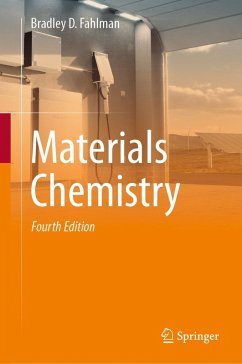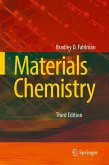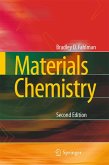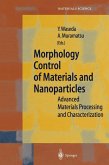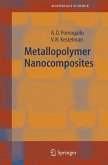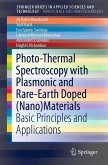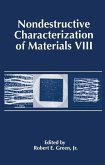The updated 4th edition features significant updates to glasses and ceramics, solid-state impurities, nanomaterial toxicity, as well as materials used in energy storage, photovoltaic, and electronics applications. Advanced fabrication techniques such as additive manufacturing (3-D printing) and dynamic light scattering (DLS) characterization of suspended nanoparticles are now also included. This new edition also expands the coverage of sustainability and life cycle analysis, of increasing importance for a world plagued with the effects of climate change.
Recognized by a 2008 Textbook Excellence Award from the Text and Academic Authors Association (TAA), Fahlman's Materials Chemistry is ideal for upper-level undergraduate students, as well as first-year graduate students in chemistry, physics, or engineering fields, and may also serve as a valuable reference to industrial researchers. Each chapter concludes with a section that describes important materials applications and an updated list of thought-provoking questions.
Dieser Download kann aus rechtlichen Gründen nur mit Rechnungsadresse in A, B, BG, CY, CZ, D, DK, EW, E, FIN, F, GR, HR, H, IRL, I, LT, L, LR, M, NL, PL, P, R, S, SLO, SK ausgeliefert werden.

